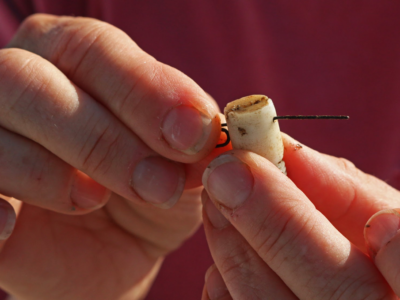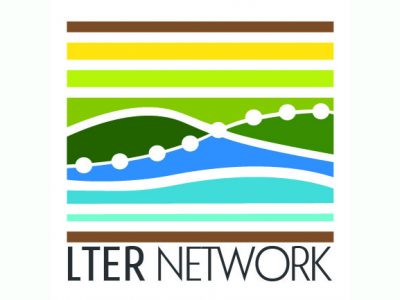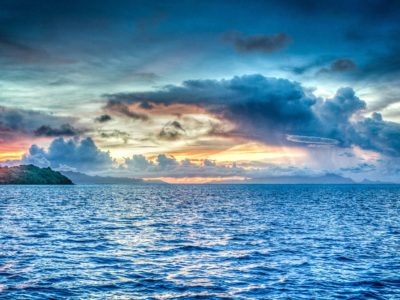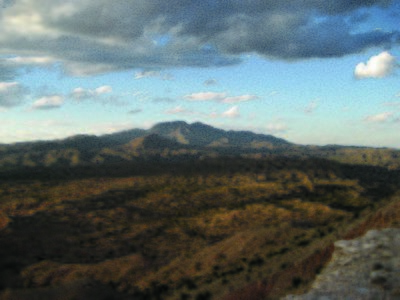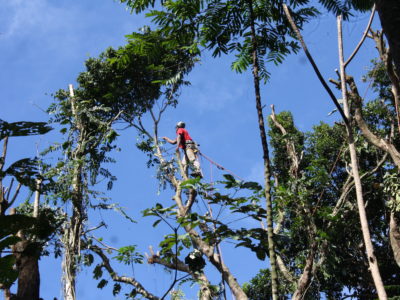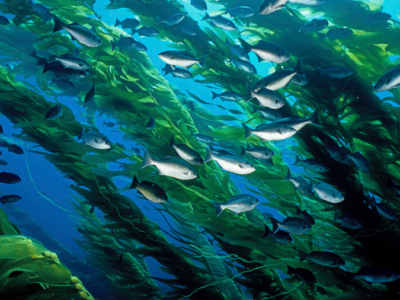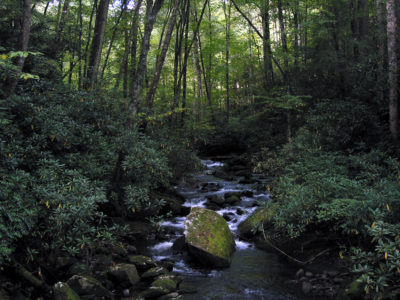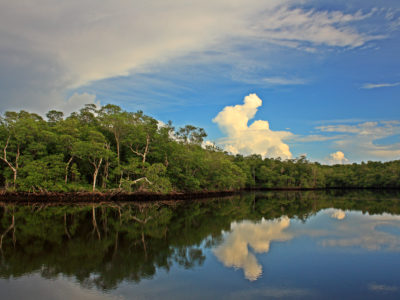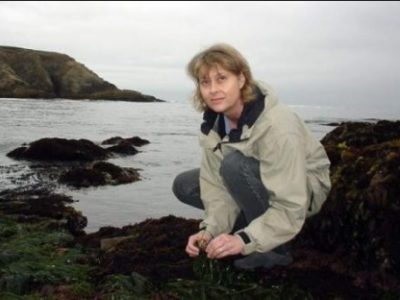LTER Road Trip: Within the SALTEx Marsh
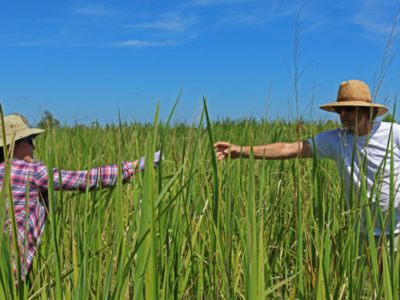
Parking under a bridge, I walked down a short dirt road to the cutgrass (Zizaniopsis miliacea) marsh. The bright green stalks waved overhead, completely immersing me as I stepped onto a narrow boardwalk that provides access to the gridded plots. The air was hot and humid, t-shirts and shorts sticking to arms and legs as students and researchers moved amid the marsh.

